Is homemade dog food better for dogs? This question has been on the minds of many pet owners who are eager to provide the best nutrition for their furry friends. In this article, we’ll explore whether homemade dog food is indeed better for dogs compared to commercial options. From nutritional benefits to potential drawbacks, we’ll break down everything you need to know to make an informed decision about your dog’s diet. Let’s dive into why homemade dog food might be the superior choice for your pet’s health and well-being.
The History of Dog Food
To understand the rise of homemade dog food, it's important to delve into the history of commercial dog food. The concept of feeding dogs commercially prepared food emerged during the late 19th century, with the advent of industrially processed pet food. Prior to that, dogs were typically fed leftovers and scraps from human meals. The introduction of commercially produced dog food brought convenience and standardized nutrition to pet owners.
The Rise of Homemade Dog Food
In recent years, there has been a growing movement towards natural and organic products in the food industry, extending to pet food as well. This trend, coupled with concerns over the quality of ingredients used in commercial dog food, has led many pet owners to consider homemade dog food as a healthier alternative.
The Benefits of Homemade Dog Food
1. Control over Ingredients
One of the main advantages of homemade dog food is the control it gives you over the ingredients used. By preparing your dog's food at home, you can handpick high-quality ingredients, ensuring that your furry friend receives a balanced and nutritious diet. This is particularly beneficial for dogs with specific dietary requirements, such as allergies or sensitivities.
Real-World Scenario: Let's say your dog has a sensitive stomach and is prone to digestive issues when consuming certain commercial dog food brands. By preparing homemade food, you can carefully select ingredients that are gentle on your dog's stomach, reducing the chances of discomfort and digestive problems.
2. Avoiding Additives and Preservatives
Commercial dog food often contains additives and preservatives, which may be used to enhance flavor, prolong shelf life, or achieve a desired texture. While these additives are generally recognized as safe, some pet owners prefer to avoid them altogether. Homemade dog food allows you to eliminate additives and preservatives, promoting a healthier and more natural diet for your dog.
Real-World Scenario: Consider a scenario where you have an aging dog who suffers from arthritis. Some pet owners believe that certain additives and preservatives found in commercial dog food may exacerbate joint inflammation. In this case, preparing homemade food using fresh, whole ingredients could potentially alleviate your dog's discomfort.
3. Tailoring to Specific Dietary Needs
Every dog is unique and may have specific dietary needs or restrictions. Homemade dog food allows you to customize your dog's diet to meet these specific requirements. Whether your dog needs a low-fat diet, a grain-free diet, or has other specific nutritional needs, homemade food can be tailored to their individual needs.
Real-World Scenario: Let's say your dog has been diagnosed with diabetes. In this case, a homemade diet that is low in carbohydrates and high in protein may be recommended by your veterinarian. By preparing homemade food, you can ensure that your dog's diet is precisely tailored to manage their condition effectively.
The Risks of Homemade Dog Food
While there are certainly advantages to feeding your dog homemade food, it is essential to acknowledge the potential risks involved. Here are a few key considerations:
1. Nutritional Imbalance
One common concern with homemade dog food is the risk of nutritional imbalance. Dogs require a well-balanced diet that includes proteins, carbohydrates, fats, vitamins, and minerals. Achieving this balance without proper knowledge and guidance can be challenging. Nutritional deficiencies or imbalances can lead to long-term health problems for your dog.
Real-World Scenario: Imagine you decide to switch to homemade dog food without properly understanding the nutritional requirements of your specific breed. Over time, your dog may develop a deficiency in essential nutrients, leading to issues like weak bones or a weakened immune system.
2. Time and Effort
Preparing homemade dog food requires time and effort. It involves researching recipes, sourcing ingredients, meal planning, and proper food preparation. This can be a significant commitment, especially for busy pet owners or those with limited culinary skills.
Real-World Scenario: Let's say you work long hours and have a packed schedule. Finding the time to research and prepare homemade dog food may be challenging. In such cases, the convenience of commercial dog food may be more practical for you and your furry friend.
3. Risk of Food Contamination
Proper food handling and storage are crucial when it comes to homemade dog food. Mishandling or improper storage can lead to bacterial contamination, potentially causing foodborne illnesses in your dog. This risk is particularly significant when using raw ingredients, such as raw meat or eggs.
Real-World Scenario: Consider a scenario where you accidentally leave homemade dog food out for too long, allowing bacteria to proliferate. If your dog consumes the contaminated food, they may develop symptoms such as vomiting, diarrhea, or even more severe health issues.
Enhance Your Pup’s Diet with Homemade Delights!
If you’re considering homemade dog food for your furry friend, why not take it to the next level with a cookbook designed specifically for your dog's needs? Pawsitively Perfect: 110+ Gourmet Home-Made Dog Food Recipes is your ultimate guide to creating nutritious and delicious meals right in your own kitchen.
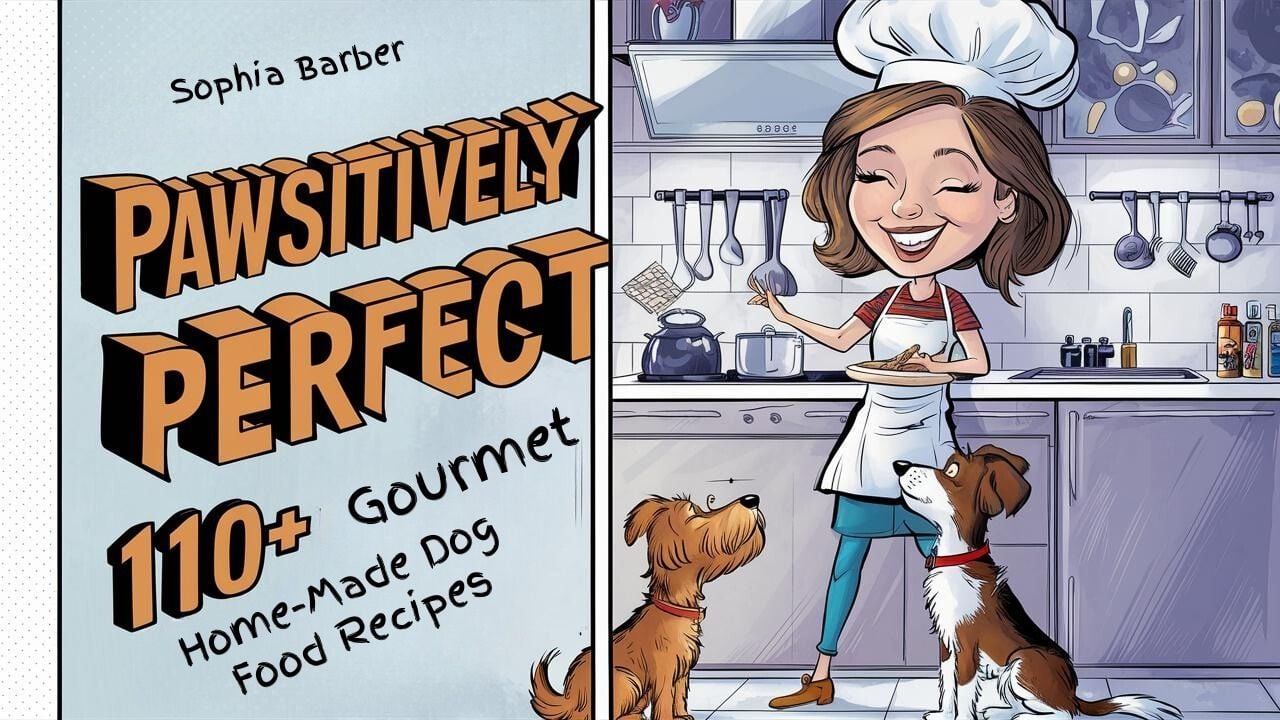
Packed with over 110 gourmet recipes, this cookbook covers everything from everyday meals to special dietary needs, ensuring your pup enjoys a balanced and tasty diet. With easy-to-follow instructions and tips, making homemade dog food has never been simpler.
Ready to transform your dog's mealtime? Buy Pawsitively Perfect now on Amazon and give your furry friend the gourmet experience they deserve!
Striking a Balance: A Hybrid Approach
As with many things in life, the best approach to feeding your dog lies in finding a balance. Instead of an all-or-nothing approach, consider a hybrid approach that incorporates both homemade and commercial dog food. This approach can offer the benefits of both worlds while mitigating the risks.
How to Achieve a Hybrid Approach
- Consult with Your Veterinarian: Your veterinarian is an invaluable resource when it comes to understanding your dog's specific nutritional needs. They can help you create a balanced diet plan that combines both homemade and commercial food.
- Make Informed Commercial Food Choices: Not all commercial dog food is created equal. Research different brands, read ingredient labels, and choose high-quality options that align with your dog's nutritional needs.
- Supplement with Homemade Meals: Add homemade meals as a supplement to your dog's regular diet. This can be done a few times a week or as recommended by your veterinarian. It allows you to provide fresh, nutritious meals while maintaining the convenience of commercial food.
- Regular Health Monitoring: Keep a close eye on your dog's overall health and well-being. Regular check-ups with your veterinarian will help ensure that your dog's diet is meeting their nutritional requirements and address any potential issues early on.
The Future of Dog Food
As the desire for natural and organic products continues to grow in the food industry, the future of dog food is likely to see an increased focus on transparency, quality, and customization. This trend may lead to more options for pet owners, including personalized meal plans and tailored commercial dog food that meets specific dietary needs.
While homemade dog food is unlikely to replace commercial dog food entirely, it will likely remain a popular choice for many pet owners who prioritize control over their dog's diet. As long as proper research, guidance, and precautions are taken, homemade dog food can offer a viable alternative for those seeking a more personalized approach to pet nutrition.
The Decision is Yours!
Choosing whether homemade dog food is better for your pup can be a significant decision. We’ve explored the benefits and considerations to help you make an informed choice. Remember, the right diet can make a world of difference in your dog's health and happiness.
Do you have experience with homemade dog food? Share your thoughts and tips in the comments below—we’d love to hear from you! If you found this article helpful, please share it with fellow dog lovers and pet owners. Your support helps us continue to provide valuable insights and resources for the best care for our furry friends.



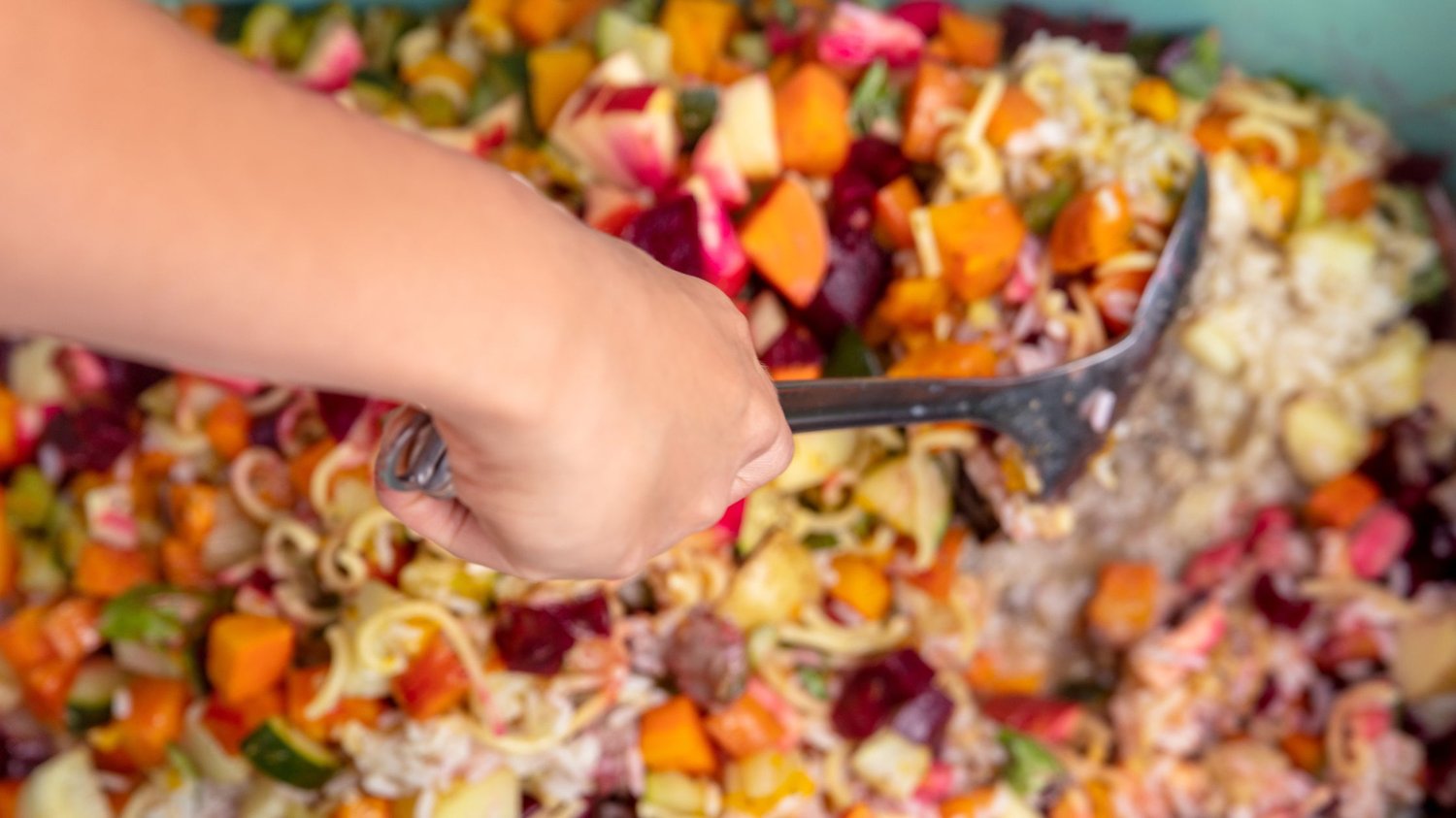
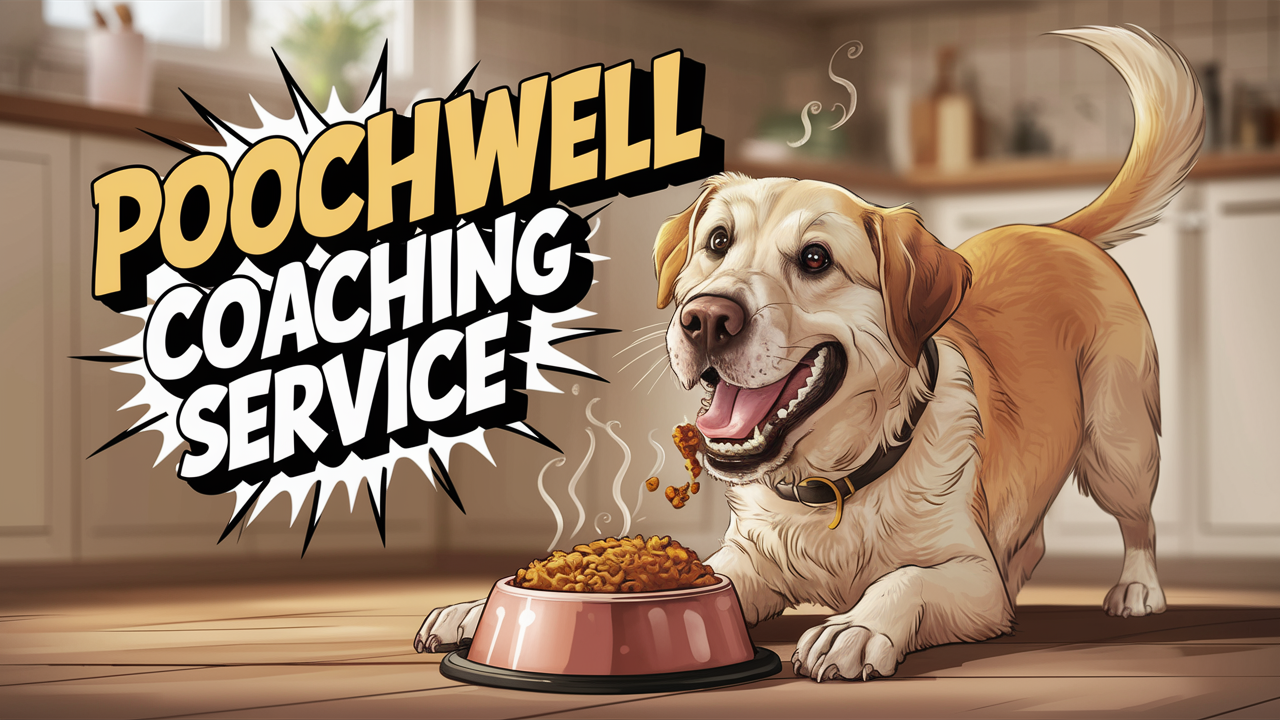
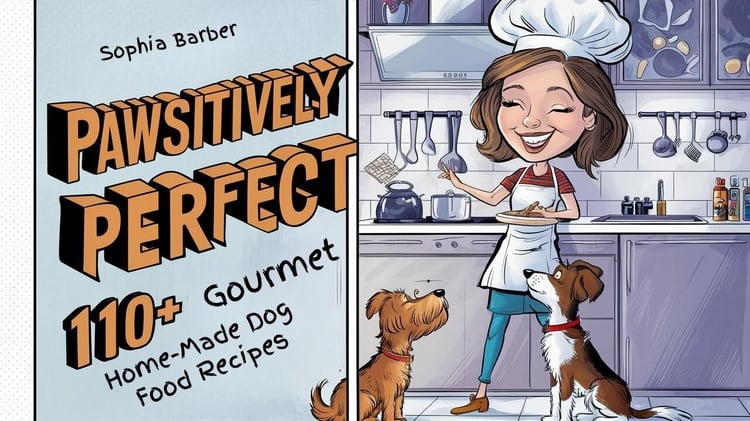



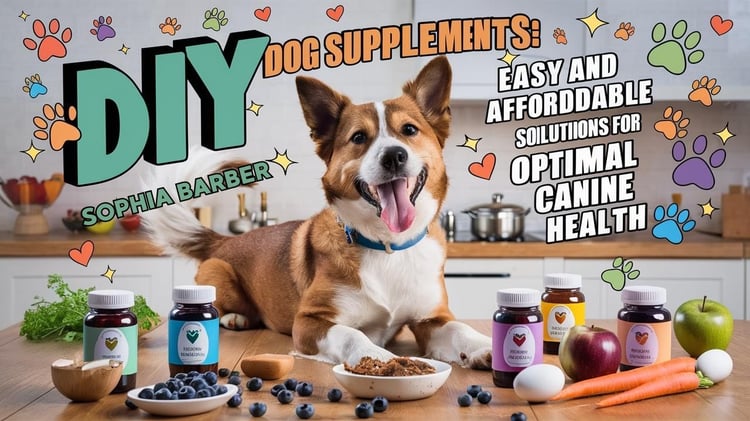
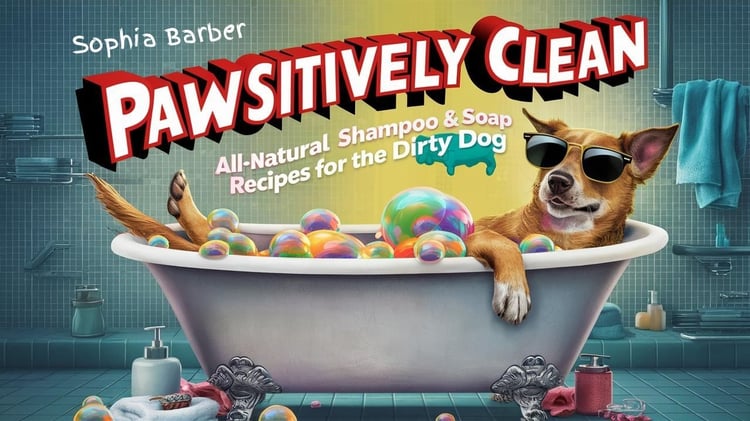






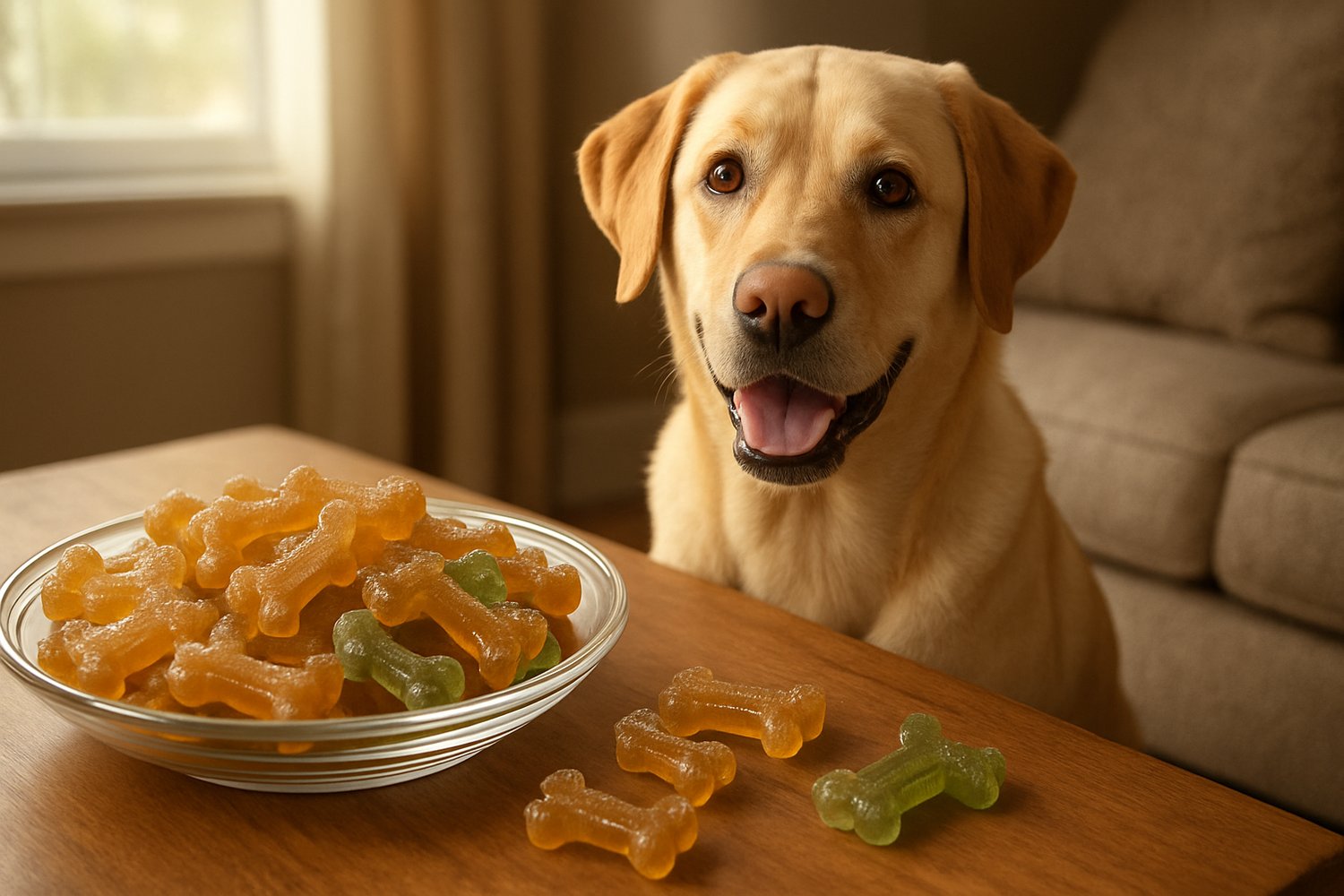


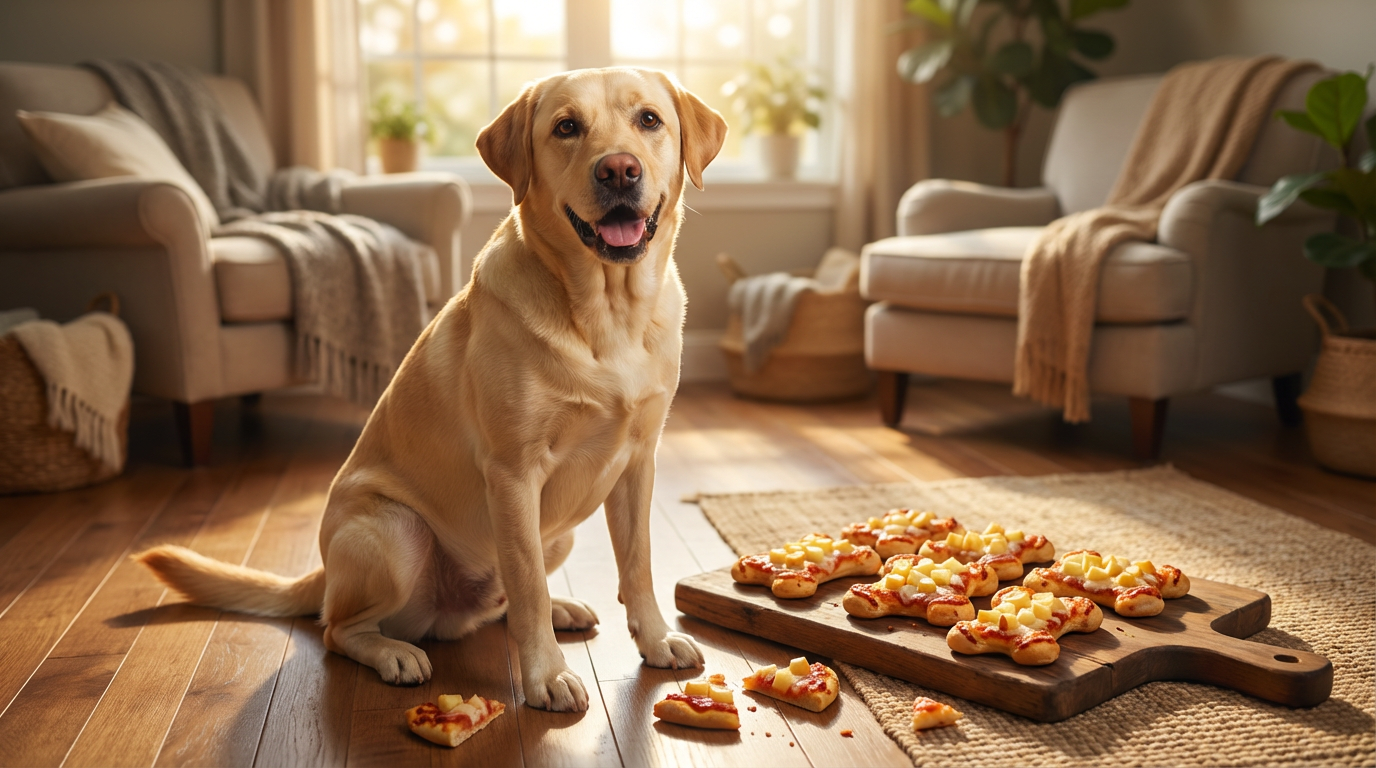

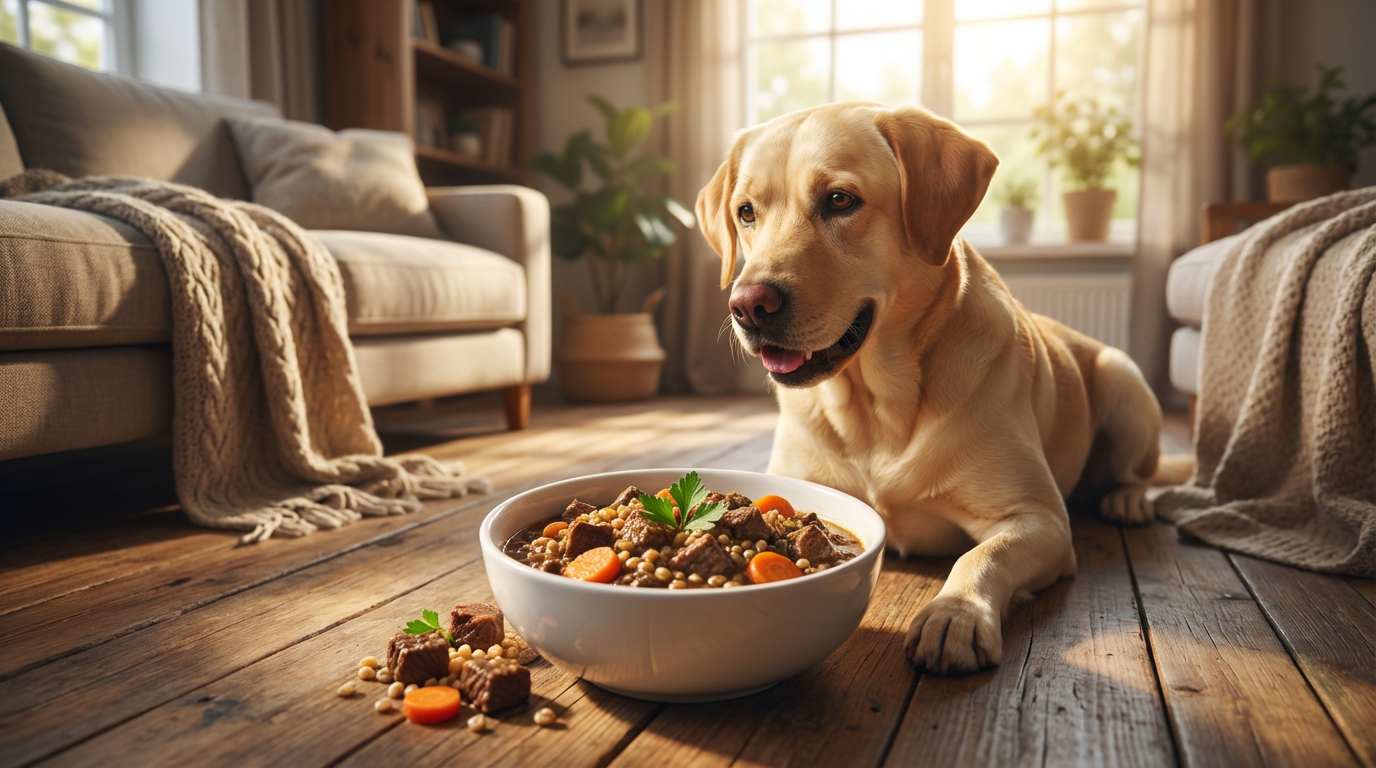
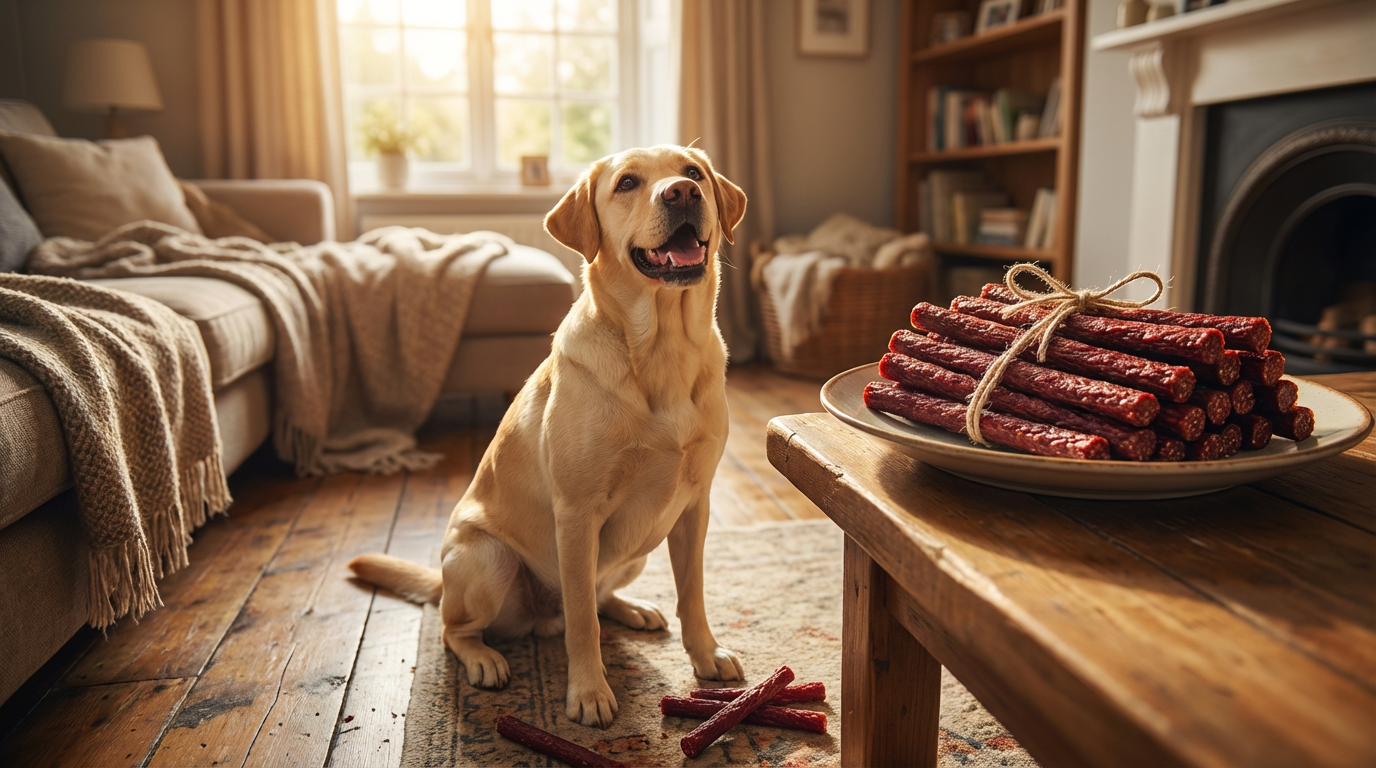
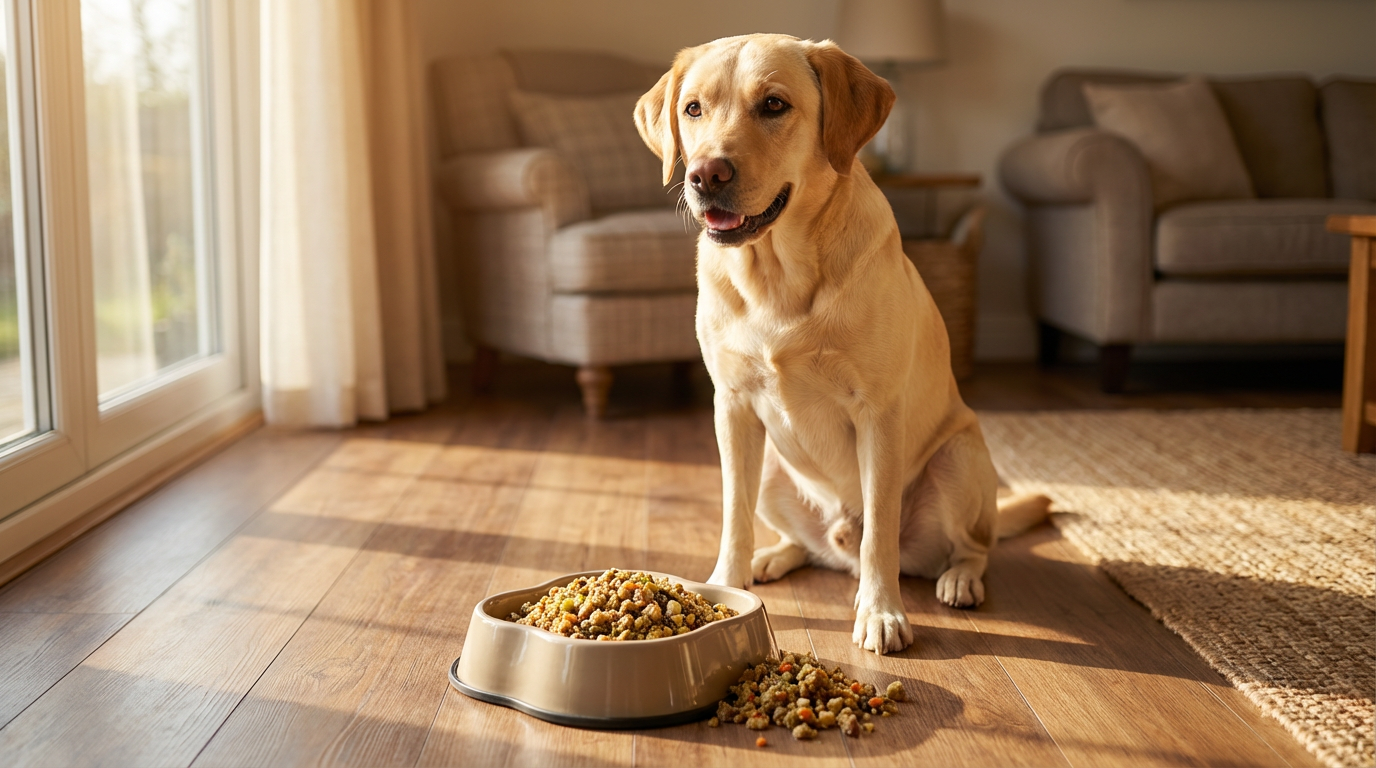

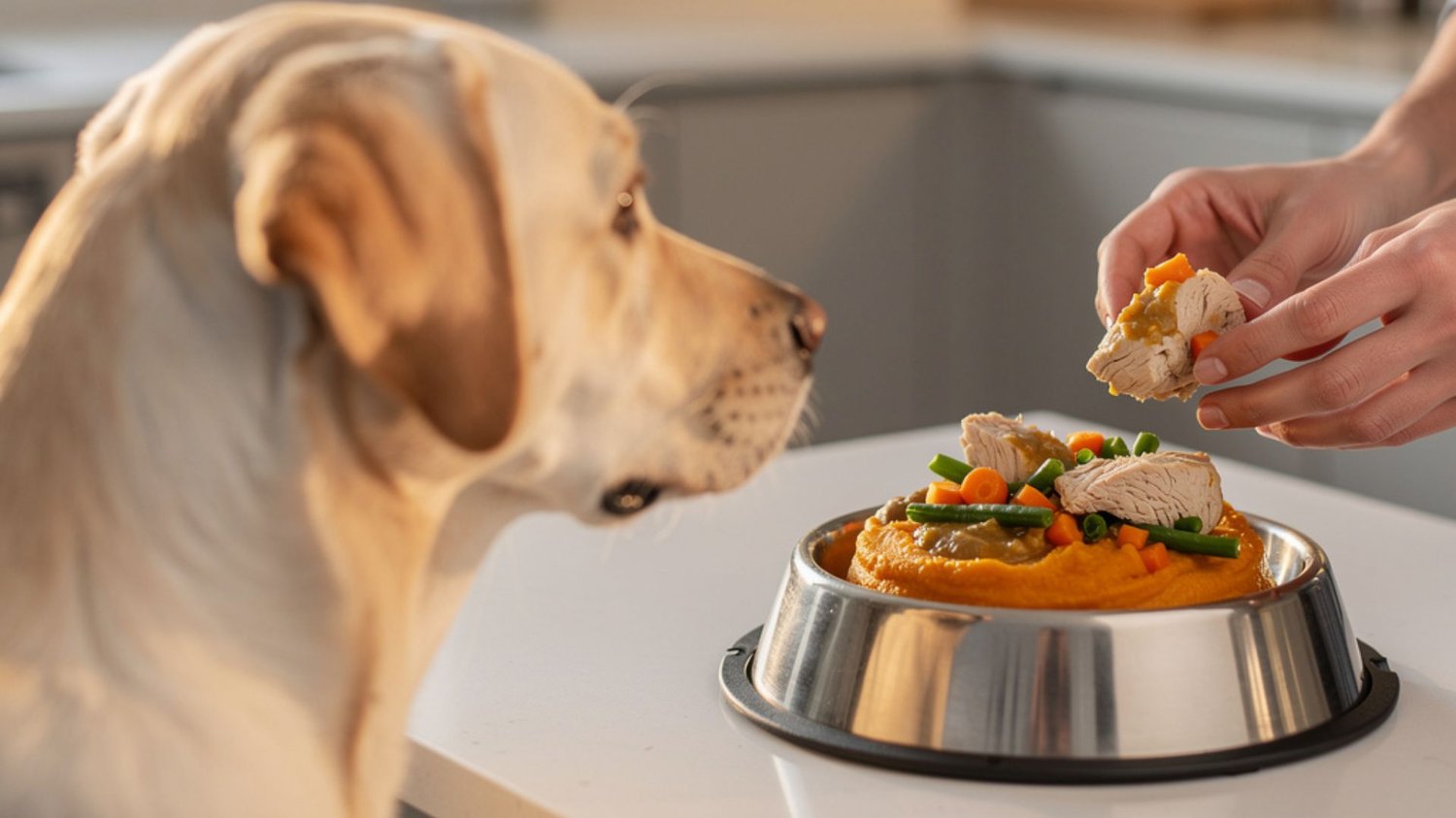

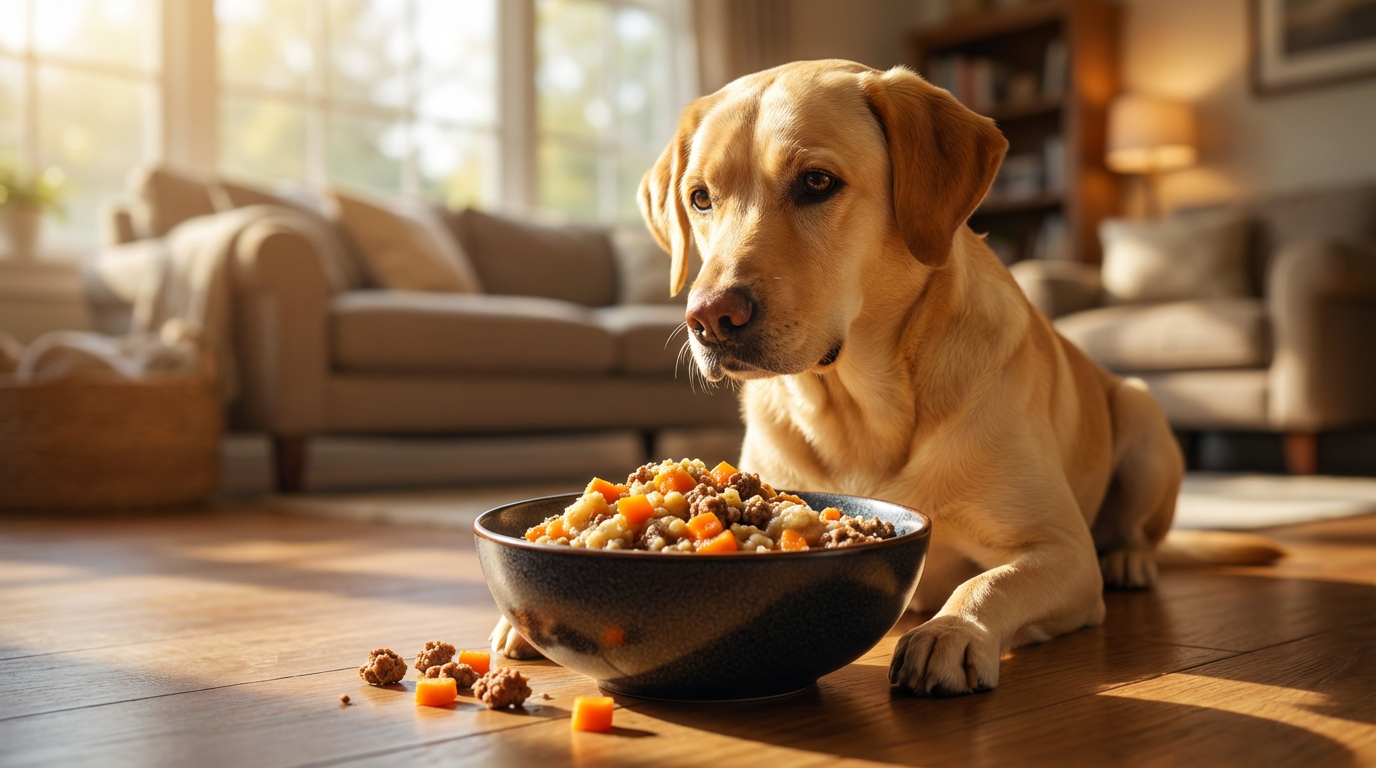
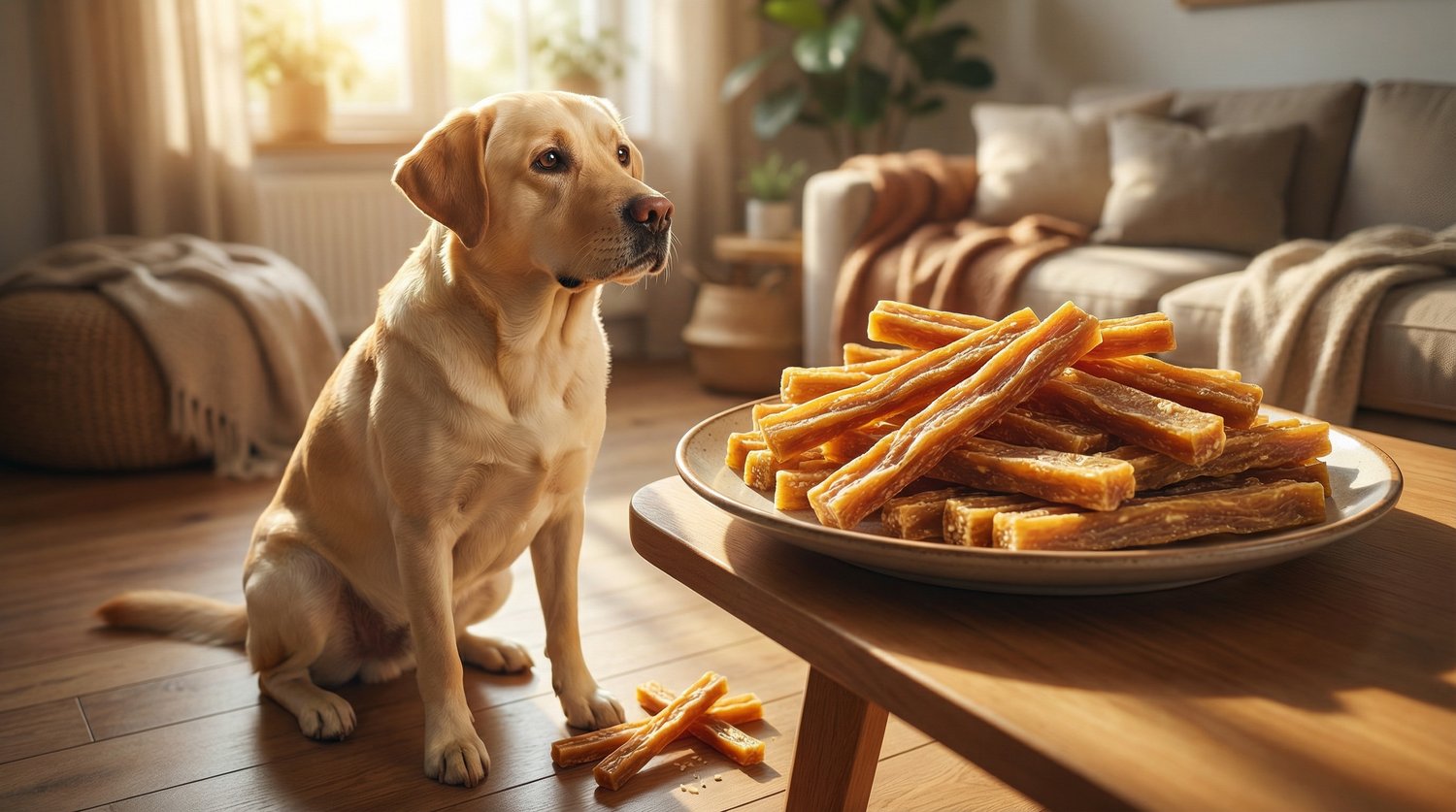
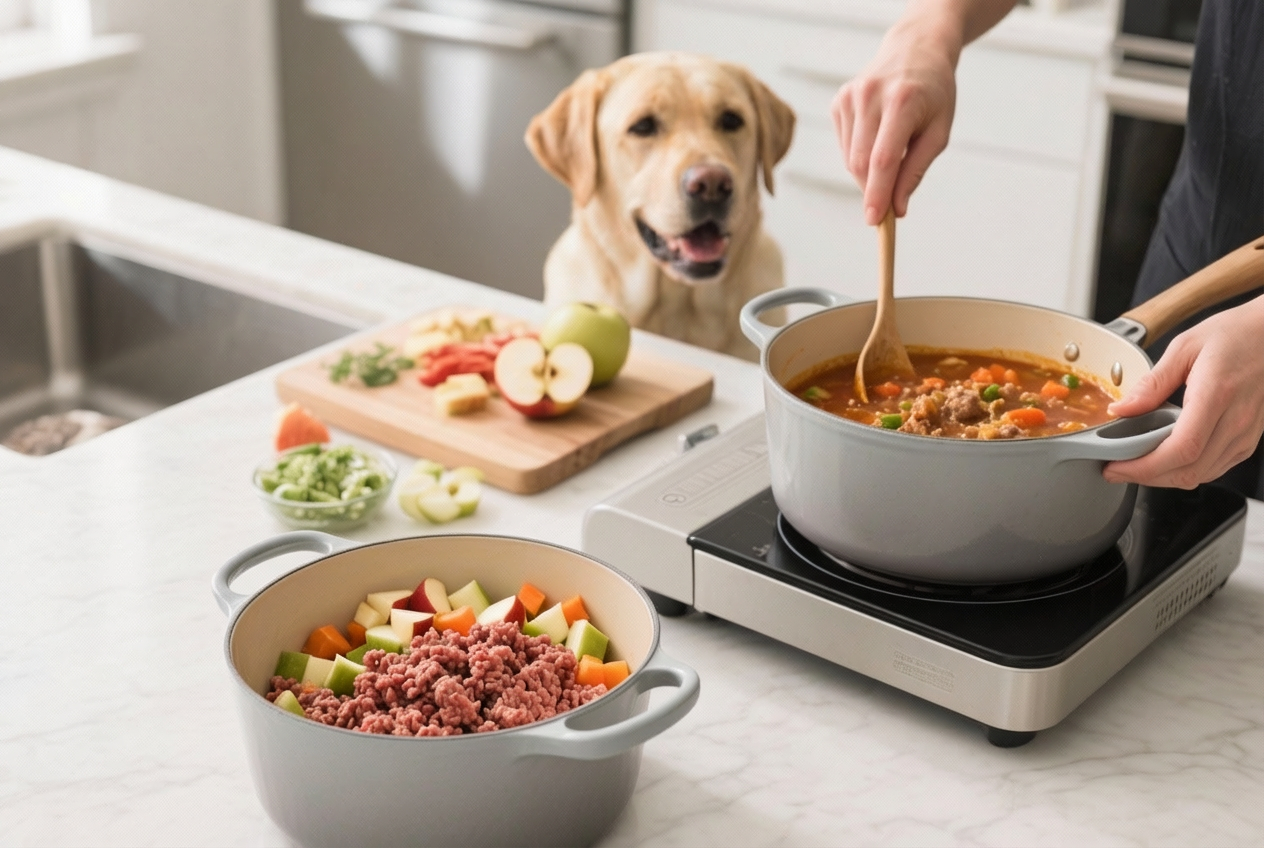



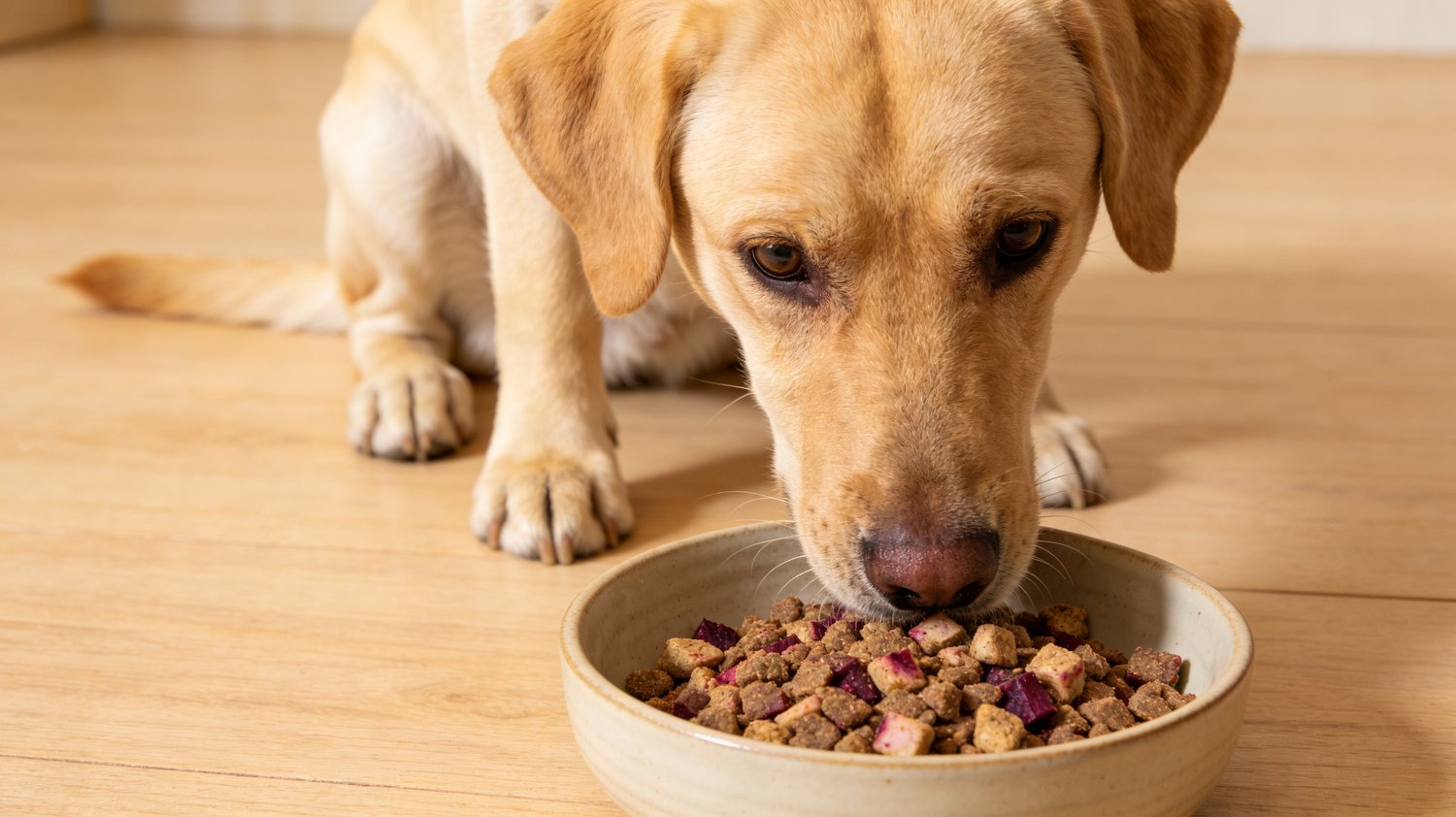
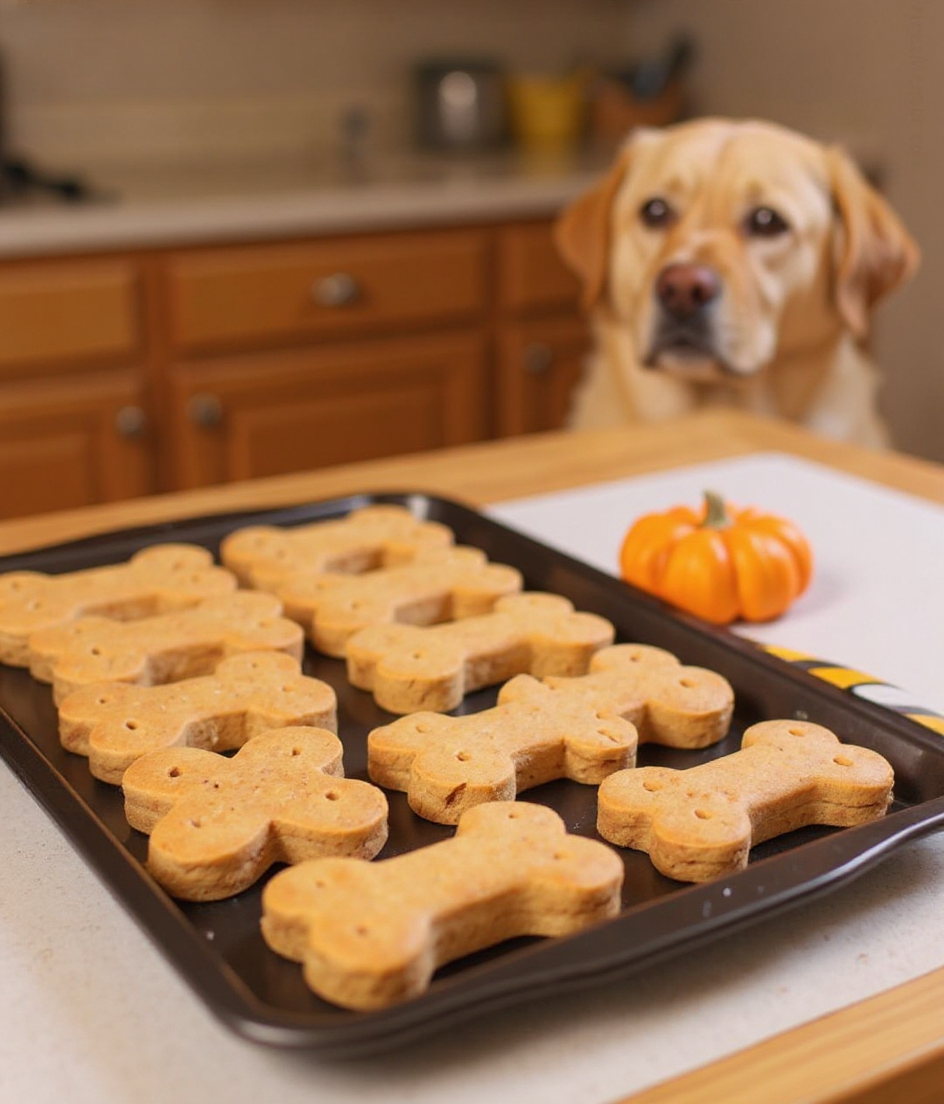


Comments ()